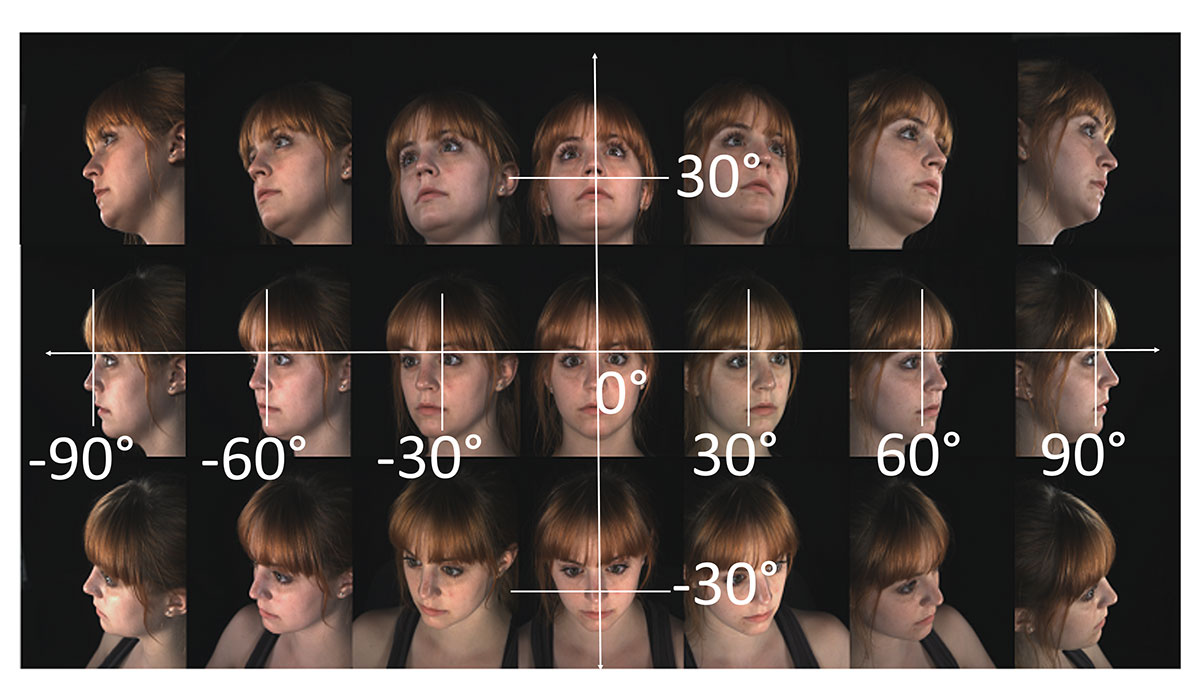This project has entered Phase I.
Abstract
This project aims to develop accurate, robust and efficient 3D-aided face recognition algorithms from image and/or video for verification or identification in adverse outdoor conditions. Initial focus concentrated on the developing requirements for the software architecture of the face recognition system. After performing a comprehensive review of available datasets for face recognition, the project team curated two datasets for training and testing of algorithms suitable to work with images acquired by trail cameras. The project next sought to evaluate algorithms for landmark detection (input to pose estimation algorithm) and developed a new pose estimation algorithm based on deep learning. Next, the project team evaluated a variety of face recognition algorithms moving towards determining baseline estimates of performance. Investigation on the impact of global vs. local methods for face recognition and the effects of using multiple images also went into effect as part of the project.

Presentations and Publications
Presentation | 2017 PI Meeting
Poster | 2017 BTI Institute Showcase
Article | Multi-view 3D face reconstruction with deep recurrent neural networks
Article | End-to-end 3D face reconstruction with deep neural networks
Article | UHDB31: A Dataset for Better Understanding Face Recognition across Pose and Illumination Variation
Article | Confidence driven network for point-to-set matching
Article | Annotated face model-based alignment: a robust landmark-free pose approach for 3D model registration
Article | Evaluation of a 3D-aided pose invariant 2D face recognition system
Article | Patch-based face recognition using a hierarchical multi-label matcher